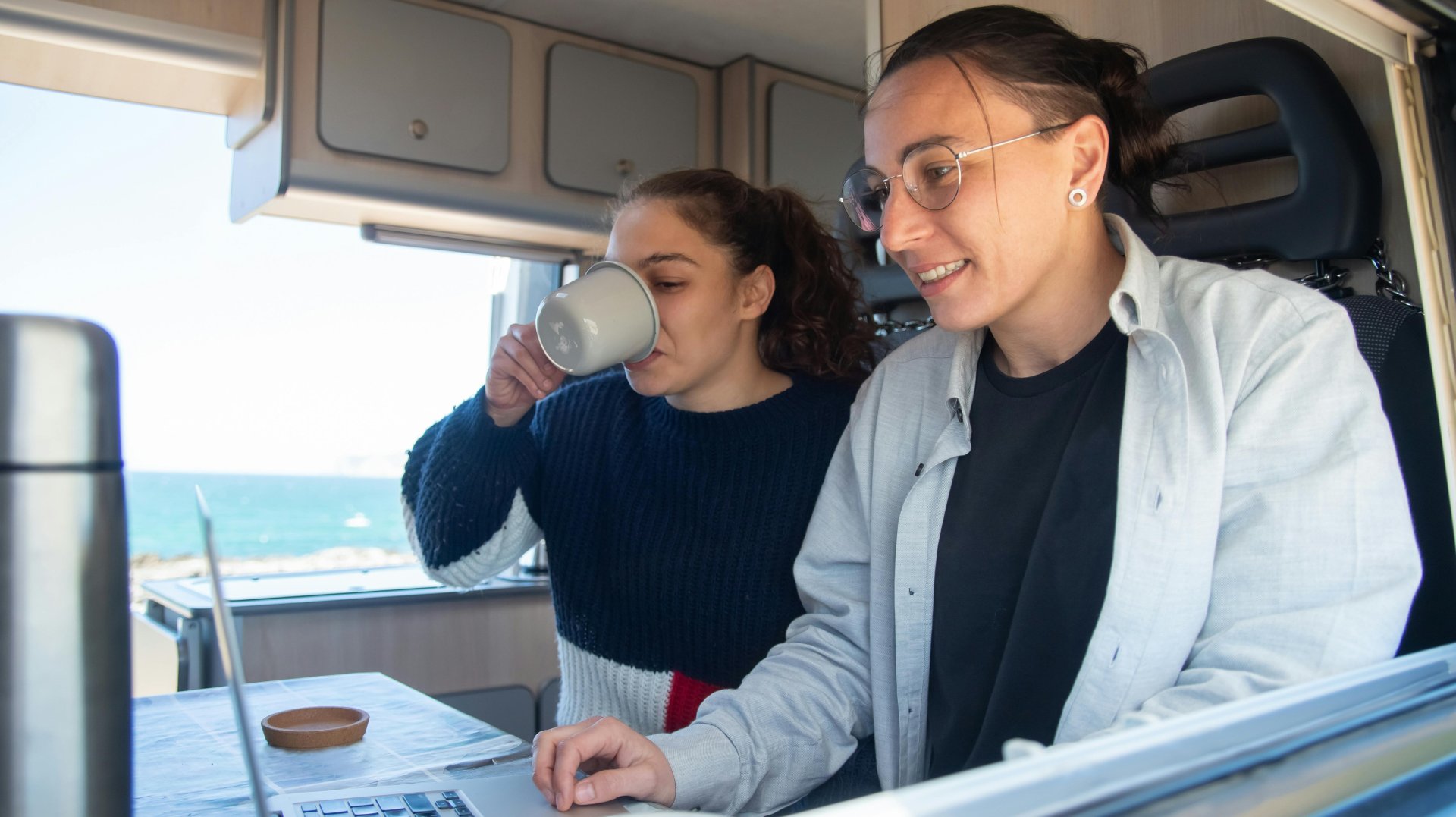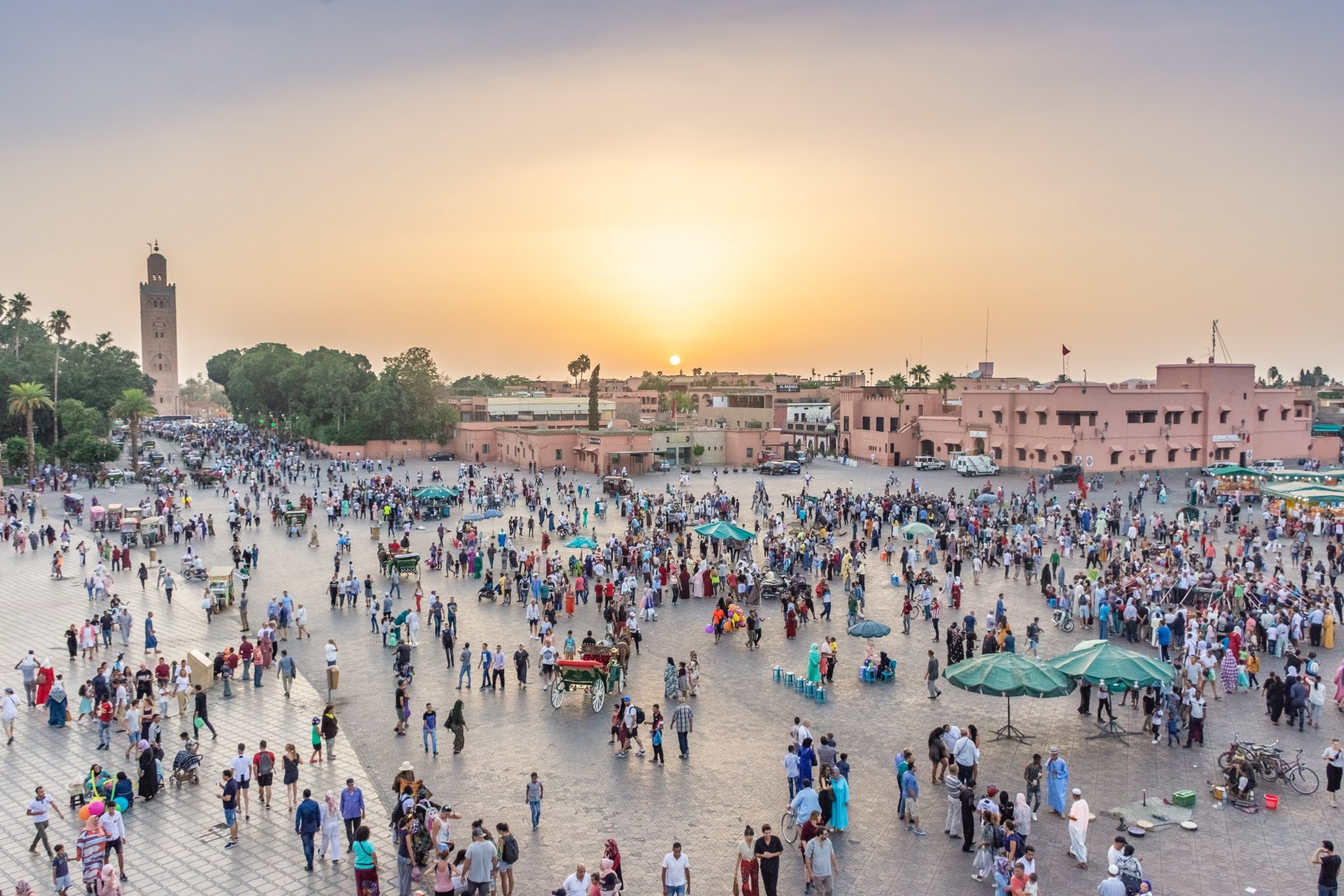Related Posts

Oct 17, 2024 8 mins read
Out and About: Your Guide to Safe and Inclusive LGBTQI+ Business and Leisure Travel

Oct 16, 2024 5 mins read
What To Do If You Get Sick or Injured on the Inca Trail to Machu Picchu

Sep 26, 2024 7 mins read
Restroom Roulette: Navigating Public Bathrooms Around the World

Sep 25, 2024 6 mins read
Over the Counter Drugs: Brands and Bans for International Travel

Sep 12, 2024 5 mins read
Global Travel Vaccine Requirements: How Vaccinations Protect You and the World

Sep 11, 2024 5 mins read
Essential Emergency Numbers for International Travel

Sep 10, 2024 4 mins read
Essential Health and Safety Tips for International Travelers: Your Complete Pre-Travel Guide

Aug 16, 2024 4 mins read
Savvy Traveler Tips To Protect Your Valuables from Pickpockets and Thieves Abroad
General TotalCare Disclaimer:
- ©2024 Global Rescue LLC. TotalCare and the TotalCare logo are service marks of Global Rescue LLC. All Rights Reserved. Global Rescue LLC provides technical and administrative services to Elite Medical Group, P.C. (“Elite Medical”), a professional corporation owned by licensed physicians that employs or contracts with physicians licensed to practice medicine where medical services are provided. It is not guaranteed that a prescription will be written, nor will any DEA controlled substances, non-therapeutic drugs and certain other drugs which may be harmful because of their potential for abuse, as a result of a TotalCare consultation. Elite Medical physicians reserve the right to deny care for potential or actual misuse of services. The Global Rescue Mobile App is designed for operation on the current versions of Android and iOS operating systems. Availability of services is subject to your equipment compatibility, connectivity and signal in your location. There is no guarantee that all features and functionality will be available in your location. Use and availability of the Mobile App is subject to your service provider’s plan and may be subject to additional fees from your provider.
Extended Plan TotalCareSM:
- For individuals 85+, medical transport is not included in membership. Members 85+ may purchase medical transport on a fee for service basis.
Mobile Apps:
- Global Rescue Mobile Apps are designed for operation on the current versions of Android and iOS operating systems. Availability of services is subject to your equipment compatibility, connectivity and signal in your location. There is no guarantee that all features and functionality will be available in your location. Use and availability of the Mobile Apps are subject to your service provider’s plan and may be subject to additional fees from your provider. The download and use of a Global Rescue Mobile App is subject to the terms of your Member Services Agreement and the applicable End User License Agreement (EULA).
Mobile Apps:
- Global Rescue Mobile Apps are designed for operation on the current versions of Android and iOS operating systems. Availability of services is subject to your equipment compatibility, connectivity and signal in your location. There is no guarantee that all features and functionality will be available in your location. Use and availability of the Mobile Apps are subject to your service provider’s plan and may be subject to additional fees from your provider. The download and use of a Global Rescue Mobile App is subject to the terms of your Member Services Agreement and the applicable End User License Agreement (EULA).

